Xiaoya Yang has always been sure of what she wanted to study. Women, gender and sexuality studies (WGS) was a concept she heard about from a friend in high school –– and once she found out this was a robust field of study, Yang was all in.
“That was the first time I got to understand that there’s a major about this, a group of people where what they’re doing for their life is discussing, writing and talking about gender issues,” Yang said. “They do this for life.”
Not many people from her hometown of Guangdong, China have gone on to study at Wake Forest, and she had never toured the school or been to North Carolina before she submitted her Early Decision Application. However, after working with a college admissions counselor, Yang decided that the small class sizes and faculty connection were factors she valued most.
“She told me that if I prefer to have close conversations or connections between professors, Wake Forest can be a good choice because, in a small school, the class size is very small. To some extent, the agent described it for me as a small utopia –– I’m not sure whether that’s true,” Yang joked.
When she got to Wake Forest, Yang wasn’t aware she couldn’t declare her major. However, she knew her passion in life was the academic pursuit of women, gender and sexuality studies, and wasn’t going to let anything stop her. When there were classes only majors could take, she lobbied to get into them.
“I can understand that I’m a huge deviant in this school, because I think most students … don’t know what they want to learn in the future, or they take the first or second year to explore,” Yang said. “I know very clearly what I’m going to do. And I know what kind of field I want to learn.”
While the department is small, Yang has loved her experience with the WGS department — particularly about the faculty connections she felt. As an international student, Yang often felt alone, or an outsider on campus. However, within the department and the confusing confines of Tribble Hall, she found her place –– as WGS is a small department, it welcomes everyone.
Yang specifically cites two professors, Dr. Wanda Balzano and former faculty Dr. Jieun Lee, as role models for her academic and collegiate pursuits.
“Dr. Balzano is very special because she also used to be an international student. So she totally understands … the situations I’m confronting,” Yang said. “For Dr. Li, it was the same. She comes from Korea, and she was also an international student by herself –– so we had a lot of common topics. The most important thing is [that] Dr. Lee always pushed me to think more. The way she graded the paper is like ‘Could you please explain this more to me?’ –– she pushed me to think more about the issue.”
After graduation, Yang is pursuing a graduate degree. Right now, she is weighing two different offers from universities – one in the pursuit of a dual degree in East Asian studies and gender studies, and the other a joint program combining gender studies and anthropology.
Wherever she goes, Yang is sure of her future.
“I think … the most important part of the field of gender studies is not simply creating a gate that holds knowledge inside [in some academic fields]. They want to hold that knowledge inside –– you have to learn [their] language so that you can communicate with them,” Yang stated. “[In gender studies] they want … to make those theories accessible –– so that they are more effective to support individuals.”


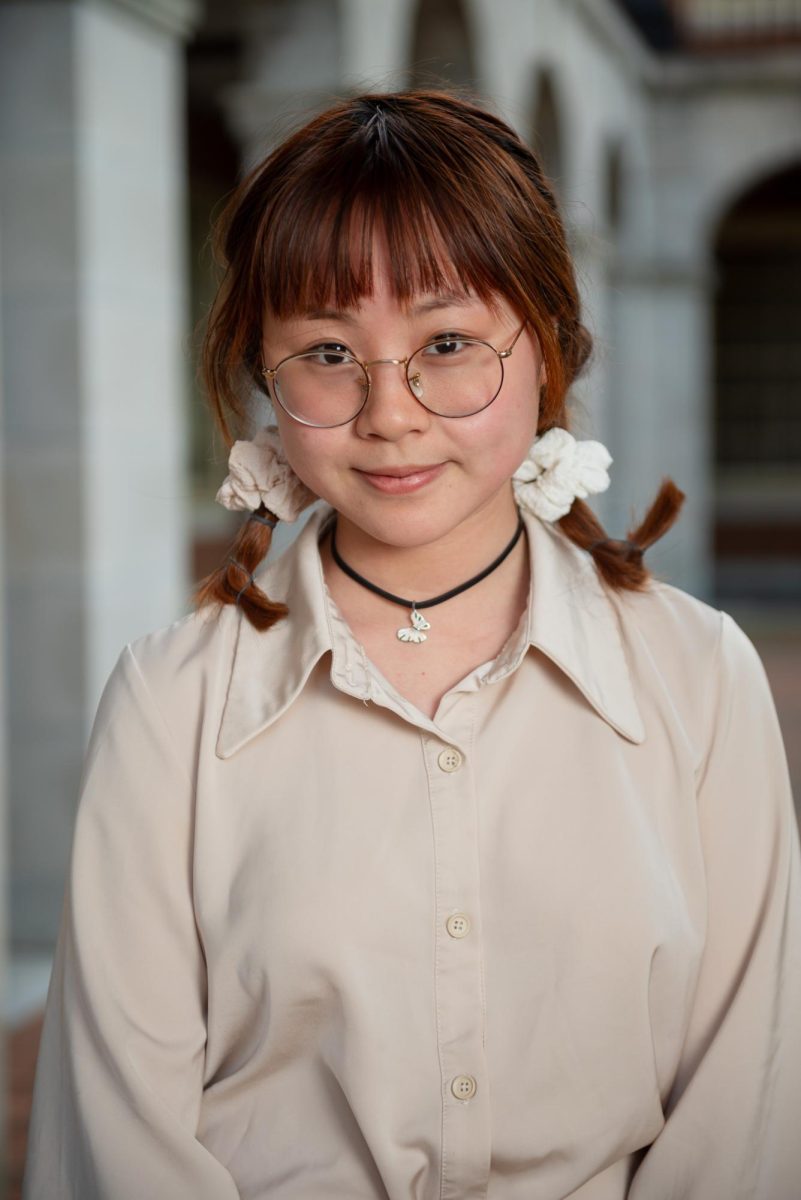
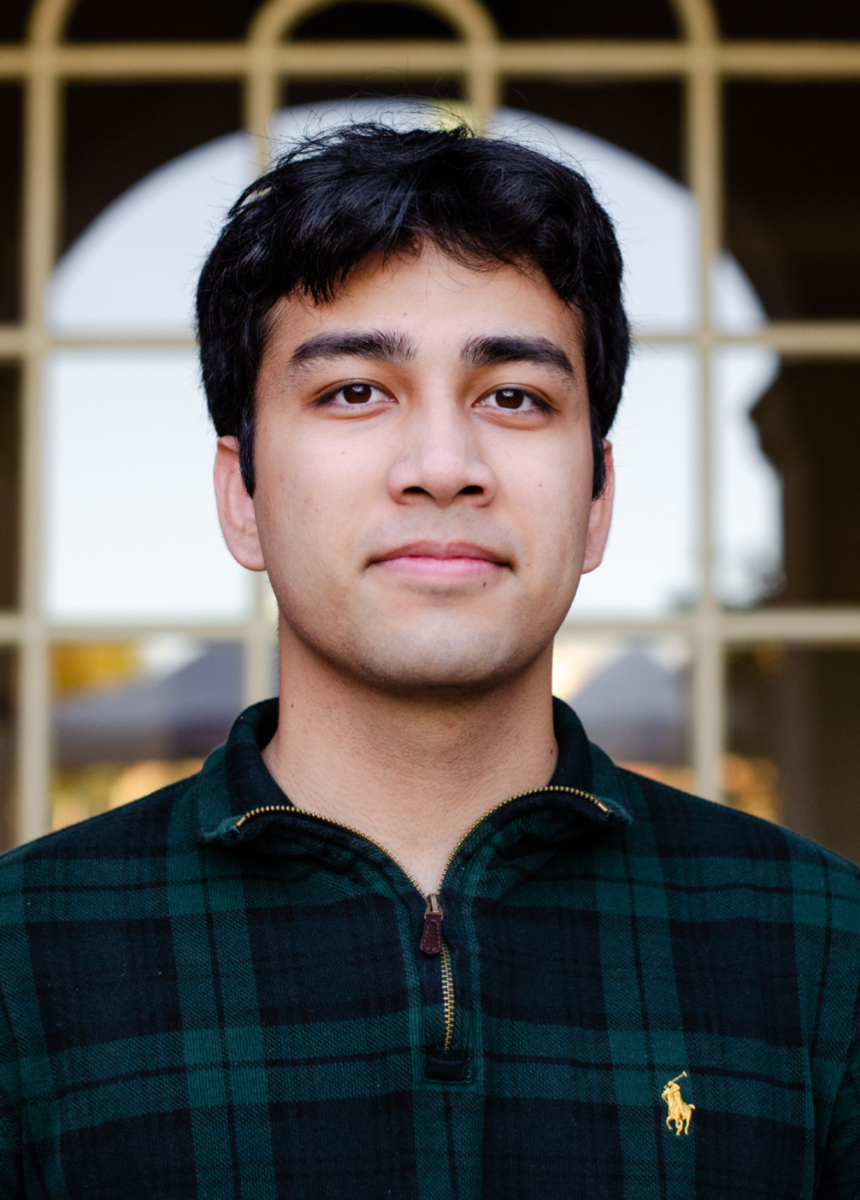
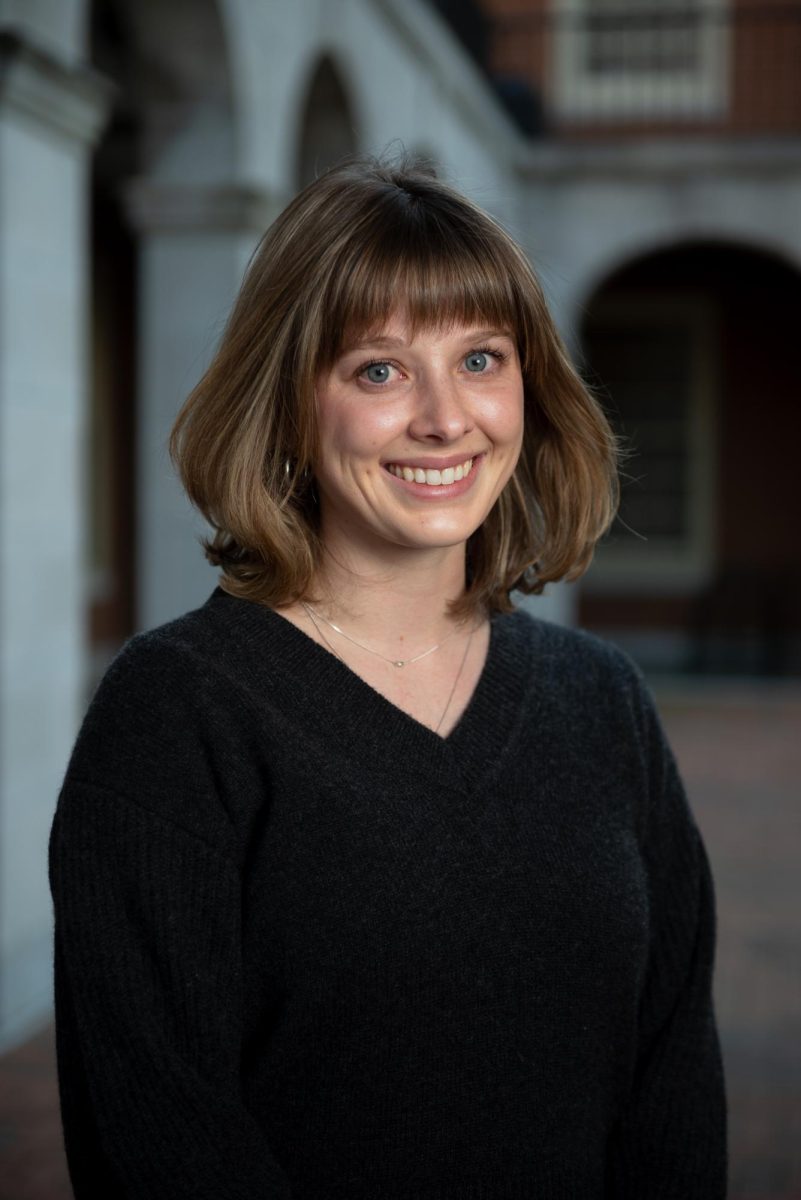
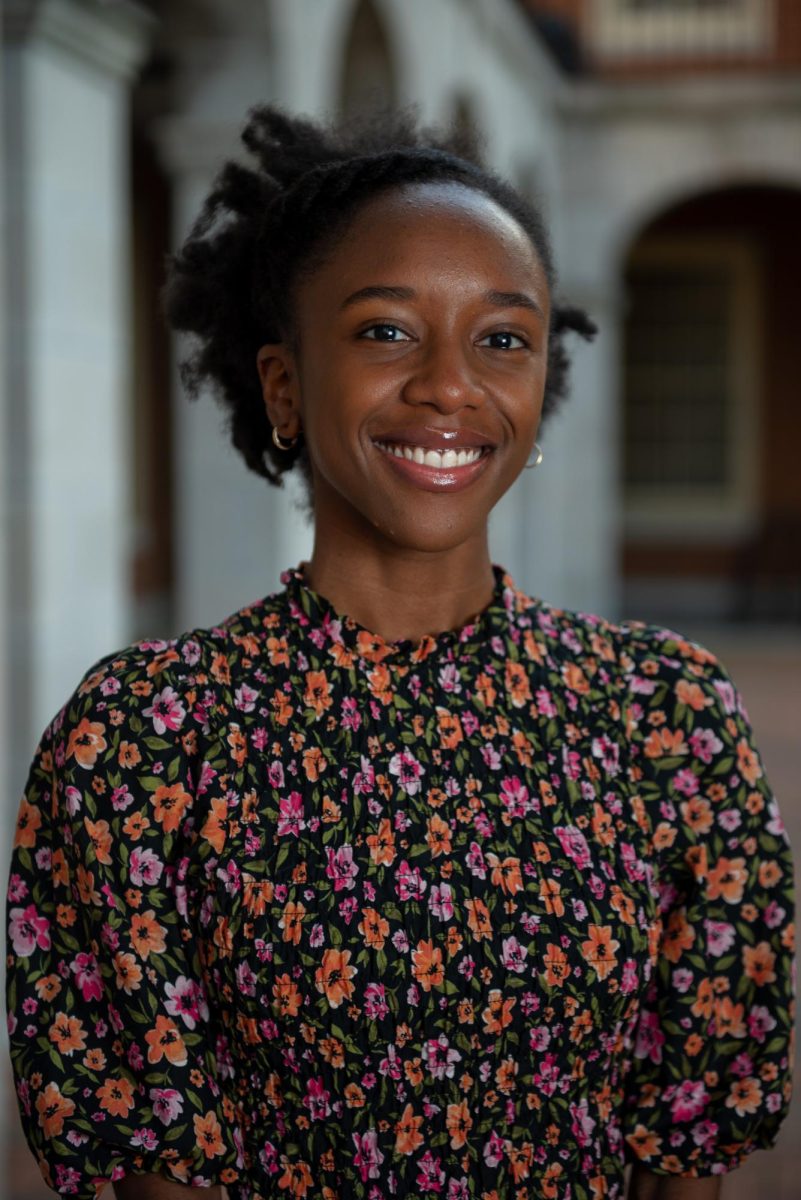
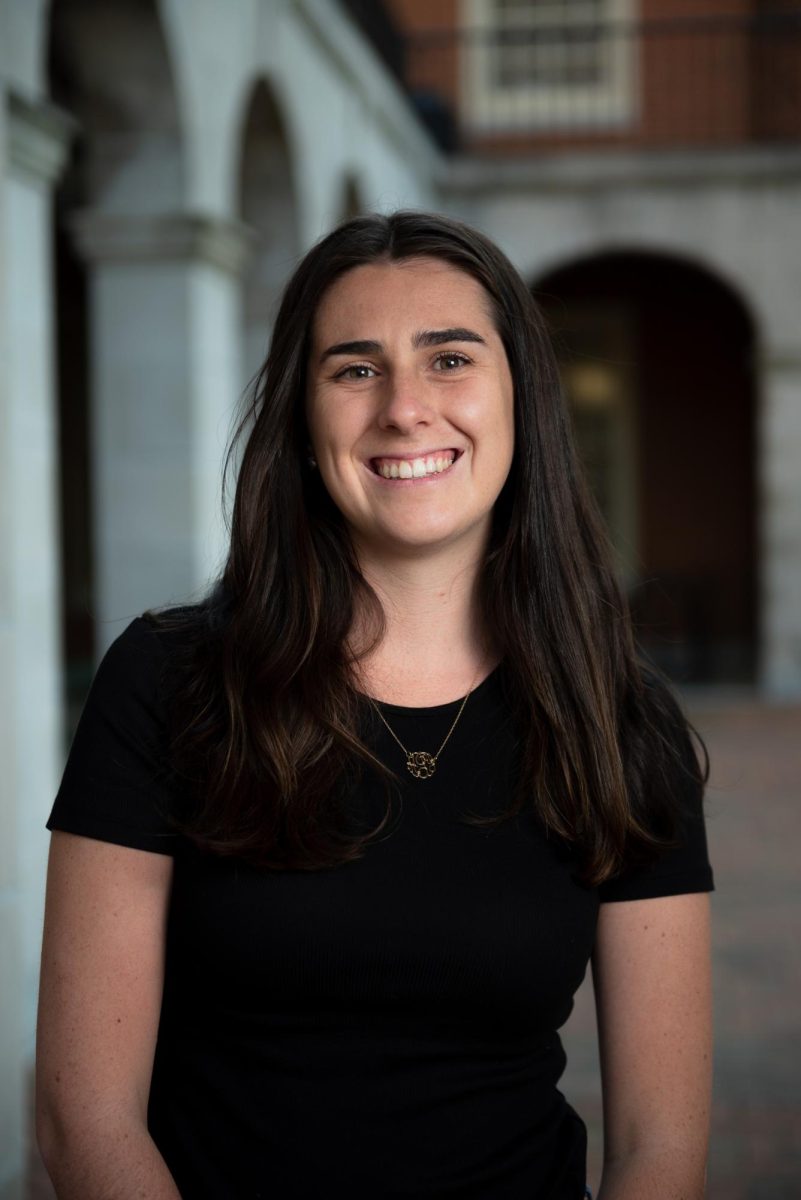
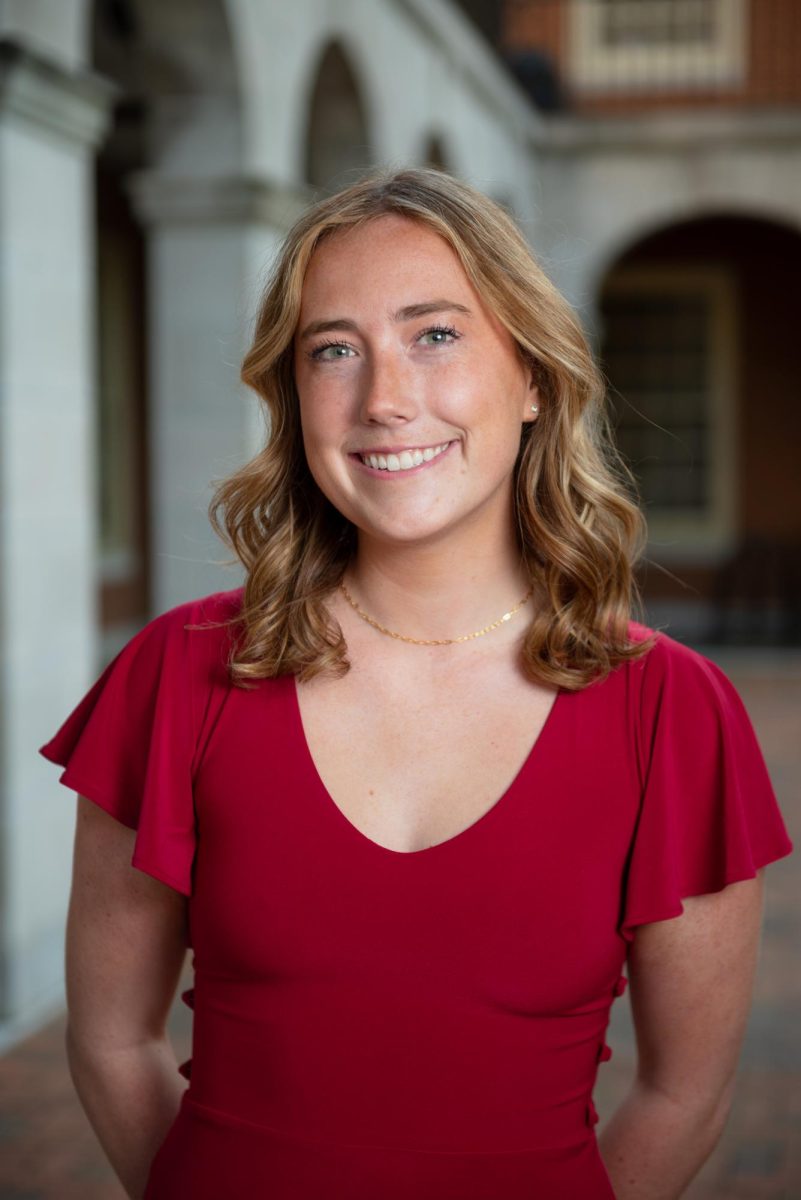
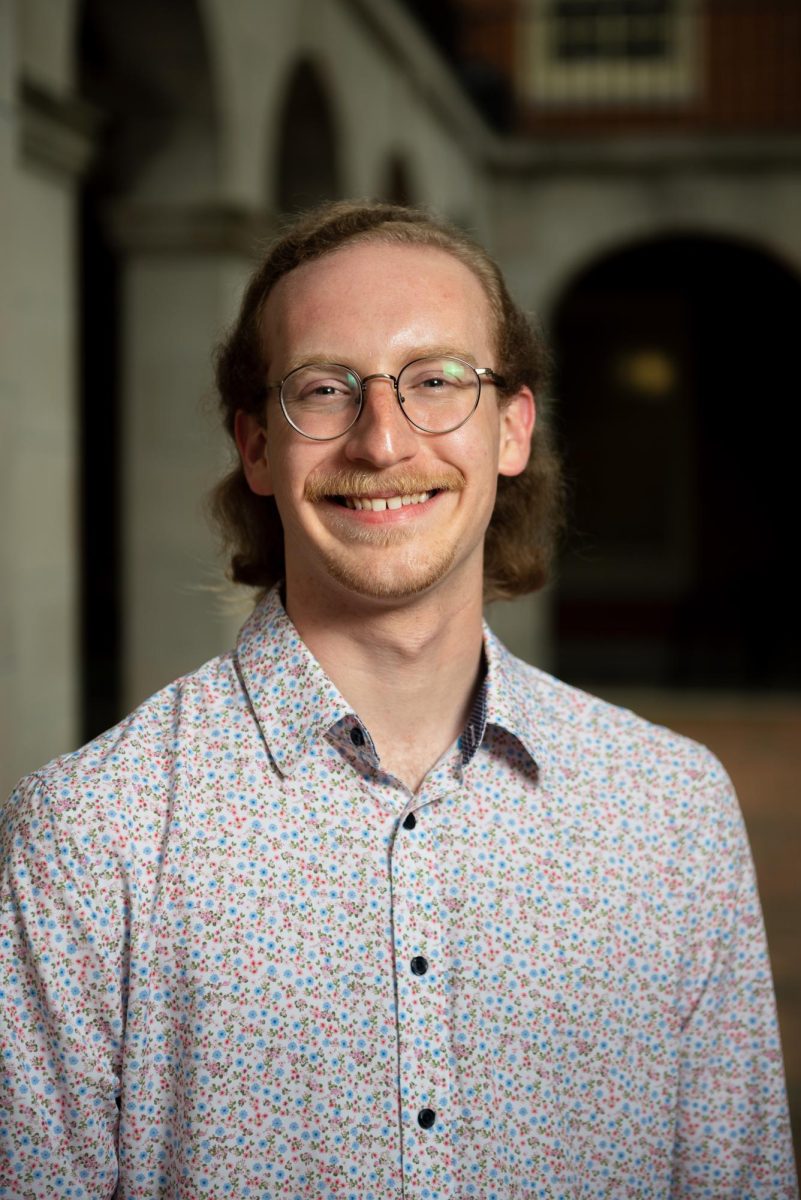
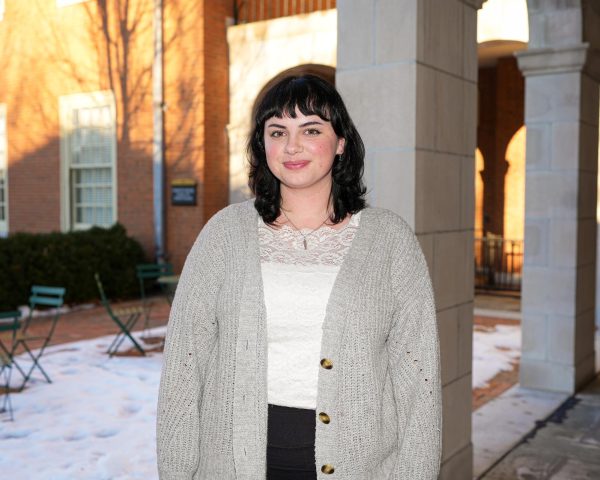
Wanda Balzano • May 6, 2024 at 2:00 pm
Thanks, Xiaoya, it was a pleasure to have you in my classes and to get to know you. You will be missed, though I know you will be going to achieve so much in your future endeavors!
你是最好的
WB